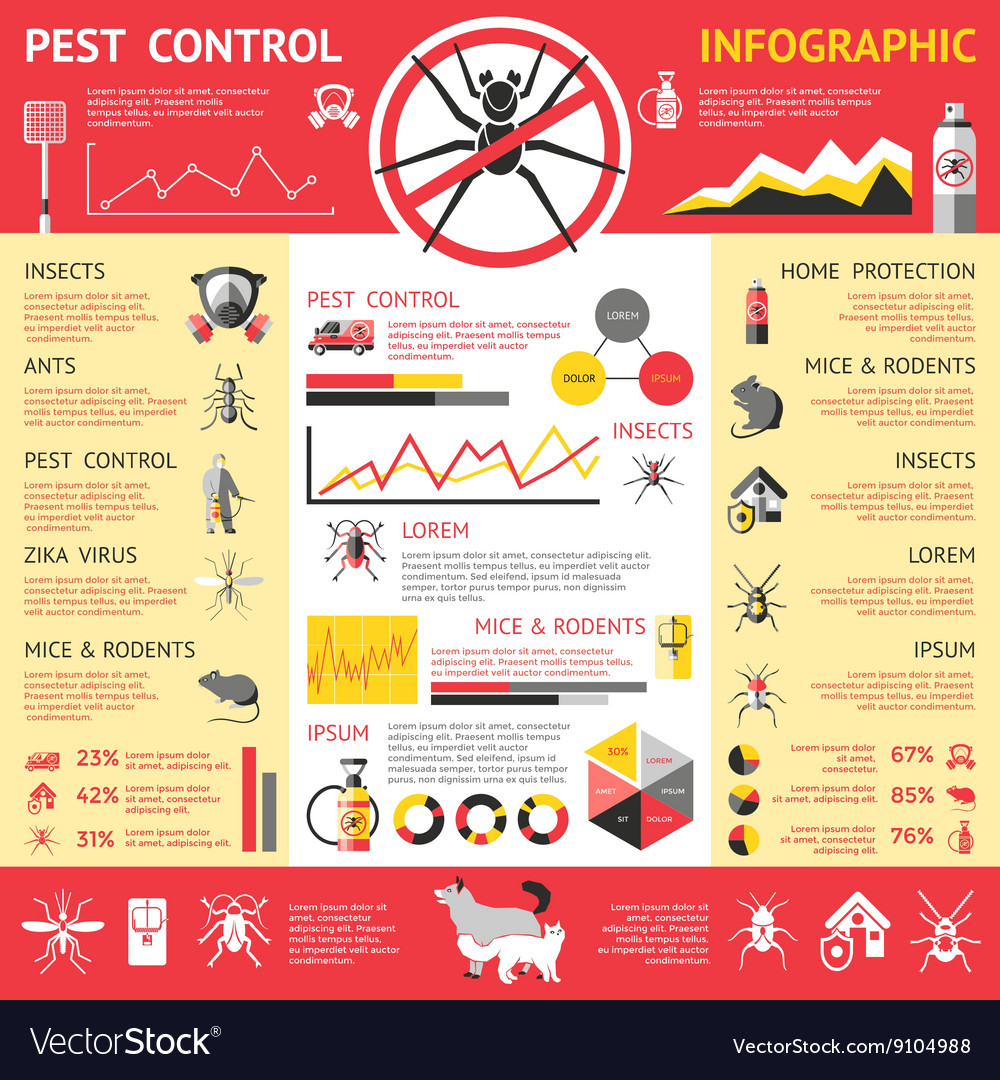Tips For Maintaining Outside Parasites Far From Your Yard
Tips For Maintaining Outside Parasites Far From Your Yard
Blog Article
Writer-Vang Qvist
Picture your garden as a sanctuary, an area of serenity and charm. Nevertheless, the existence of outside parasites can rapidly disrupt this ideal photo. What if there were simple yet efficient ways to keep these unwelcome site visitors away and protect your garden sanctuary? By adhering to a few practical ideas and executing natural methods, you can create an unified outside room where your plants can grow uninterrupted.
Natural Parasite Deterrents
To keep insects far from your yard normally, plant aromatic natural herbs like mint and lavender. These fragrant plants not only include beauty to your yard however likewise serve as reliable bug deterrents. Parasites like insects, flies, and also some garden-damaging insects are driven away by the solid aromas emitted by these natural herbs. Merely positioning them tactically around your yard can assist create an all-natural barrier versus undesirable bugs.
In addition to mint and lavender, think about planting other natural herbs like rosemary, basil, and lemongrass to additionally enhance your garden's pest-proofing capacities. These herbs not just act as all-natural repellents however likewise have the included benefit of serving in cooking or crafting self-made remedies.
Strategic Plant Placement
Take into consideration the design of your yard and the kinds of plants you need to tactically position them for maximum pest-proofing performance.
Beginning by grouping plants with similar resistance to parasites together. By doing this, you can produce a natural obstacle that prevents pests from spreading out throughout your garden.
Furthermore, putting pest-repelling plants like marigolds, lavender, or mint near more vulnerable plants can assist safeguard them. High plants, such as sunflowers or corn, can function as a guard for much shorter plants against bugs like bunnies or ground-dwelling insects.
Bear in mind to leave enough space in between plants to improve air circulation and reduce the risk of diseases that pests might lug.
Additionally, think about growing strong-smelling herbs like rosemary or basil near at risk plants to confuse insects' senses and make it harder for them to find their targets.
Reliable Pest Control Approaches
For combating garden pests successfully, applying a multi-faceted pest control strategy is necessary. Beginning by encouraging all-natural predators like birds, ladybugs, and hoping mantises to help keep pest populaces in check. Introducing plants that bring in these advantageous insects can aid in bug control. In addition, exercising excellent garden hygiene by getting rid of particles and weeds where bugs could hide can make your garden less congenial to unwanted site visitors.
Take into consideration making use of physical barriers such as row cover materials or netting to secure prone plants from pests like caterpillars and birds. Using natural chemicals like neem oil or insecticidal soap can also be effective against particular pests while being less hazardous to beneficial insects and the atmosphere. https://knoxlfbuo.ja-blog.com/32046458/seeking-a-green-means-to-maintain-rats-at-bay-learn-about-ecologically-aware-pest-monitoring-techniques-in-this-post-for-a-lasting-approach-to-rodent-control to rotate your crops each season to prevent the accumulation of insect populaces that target particular plants.
Routinely check your plants for signs of bug damages so you can do something about it immediately. By integrating why not find out more and staying cautious, you can successfully control garden parasites and appreciate a successful, pest-free garden.
Final thought
So, there you have it - with the best approaches, you can keep pesky outdoor parasites away from your garden and help your plants grow.
Did you recognize that growing mint has been shown to repel mosquitoes and various other bugs, lowering the need for hazardous chemicals by up to 60%?
By incorporating natural deterrents and clever planting techniques, you can create a stunning and pest-resistant yard oasis for you to enjoy.
